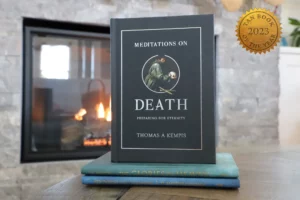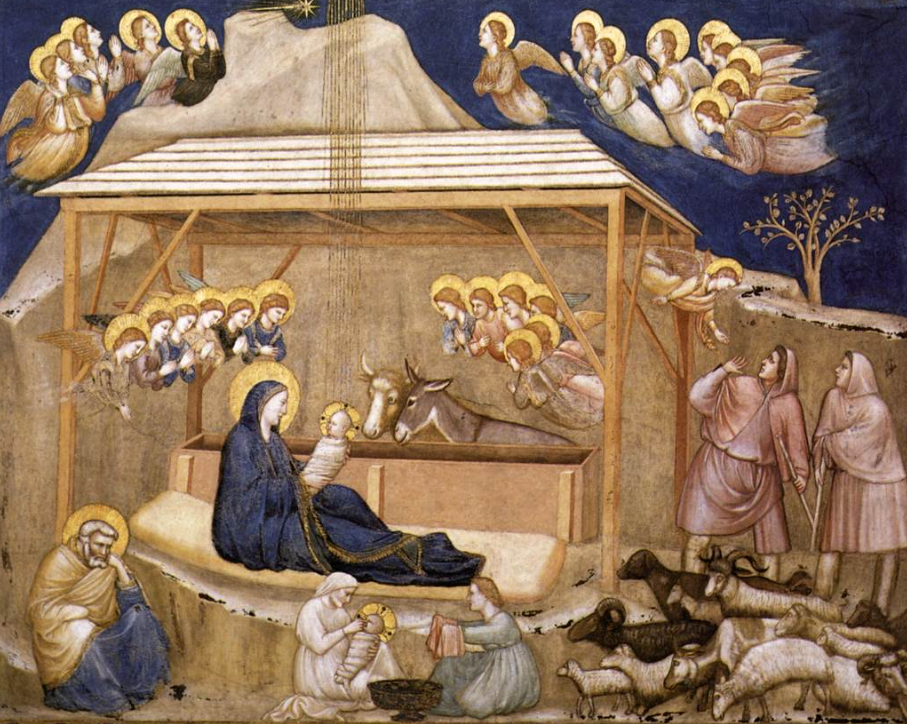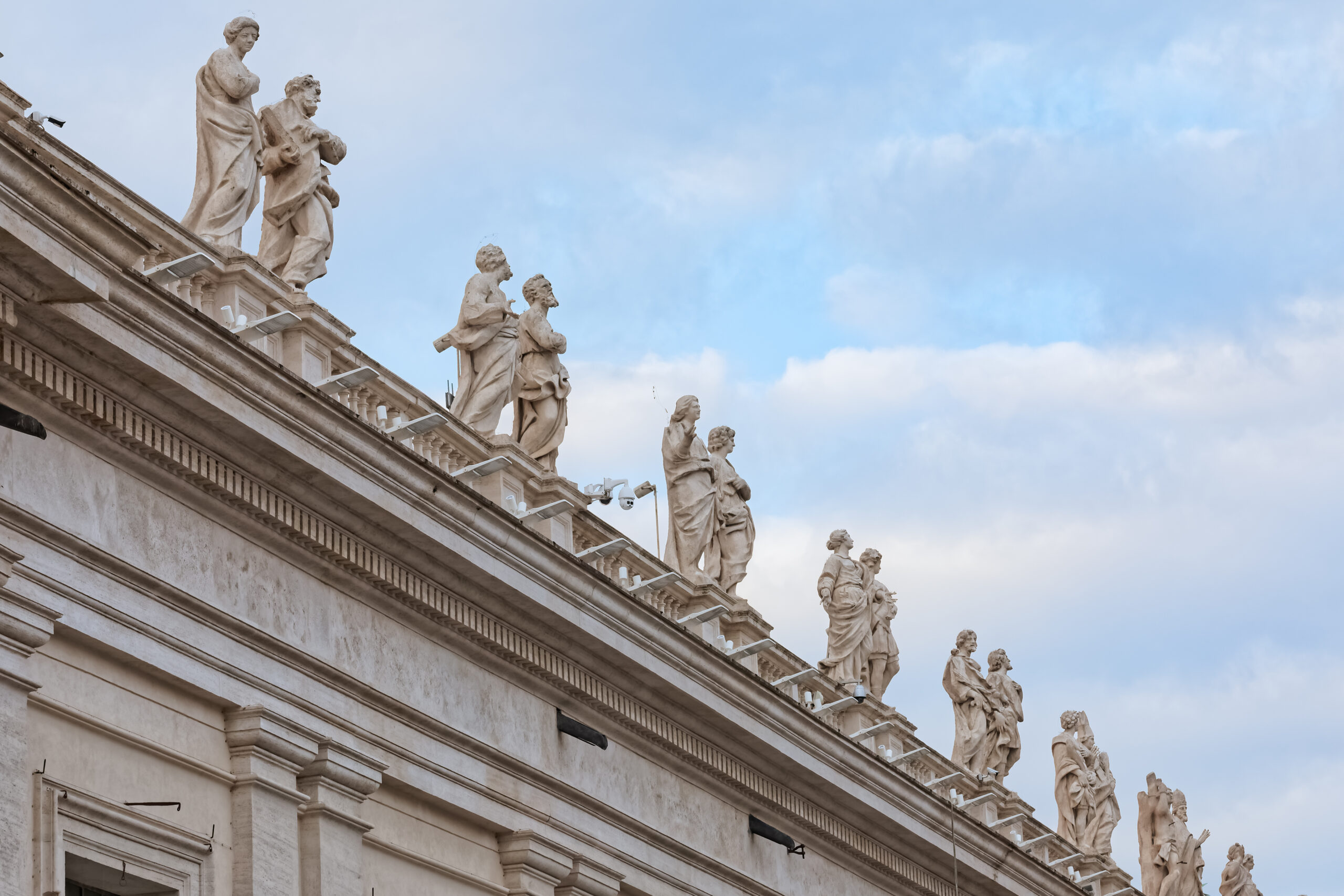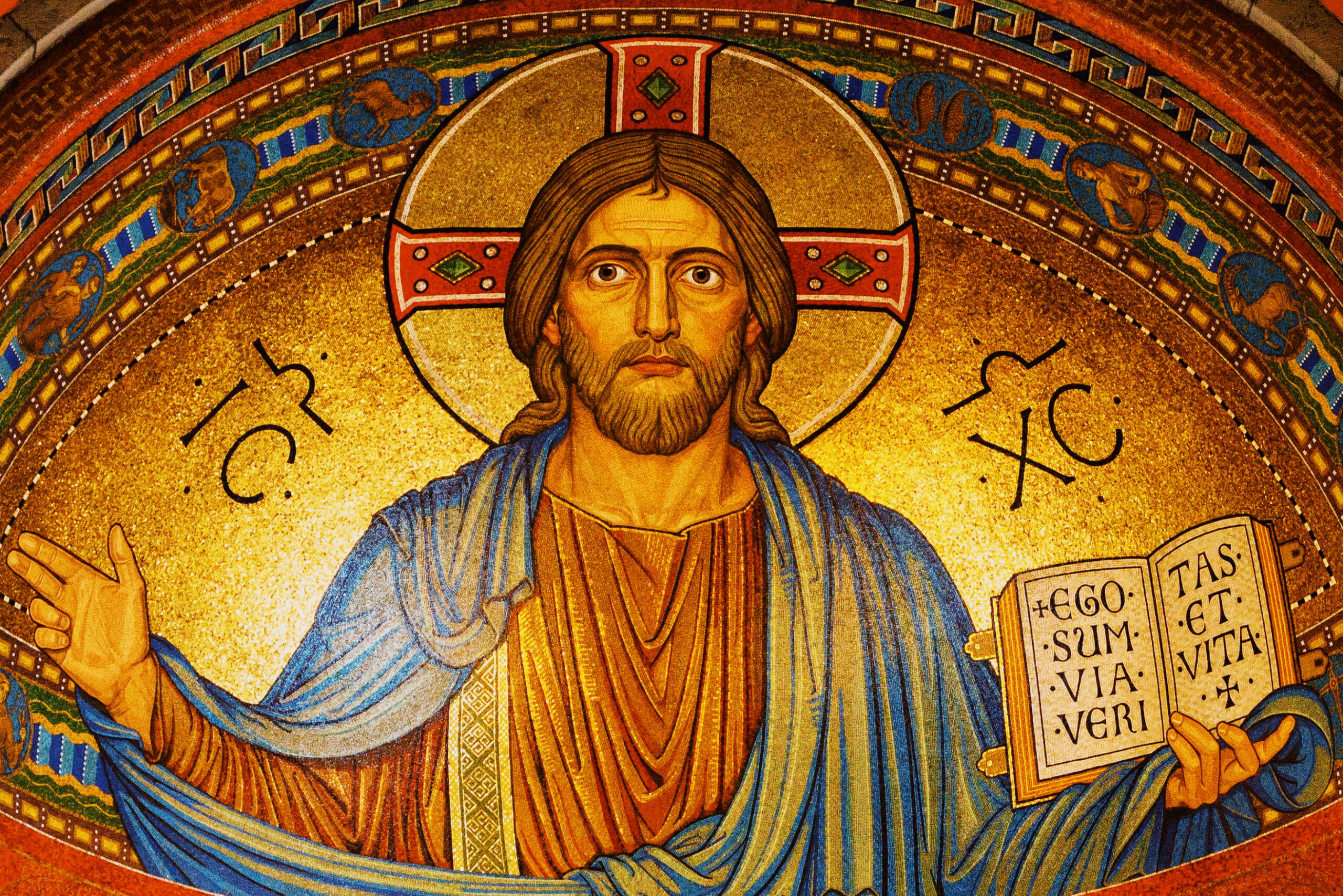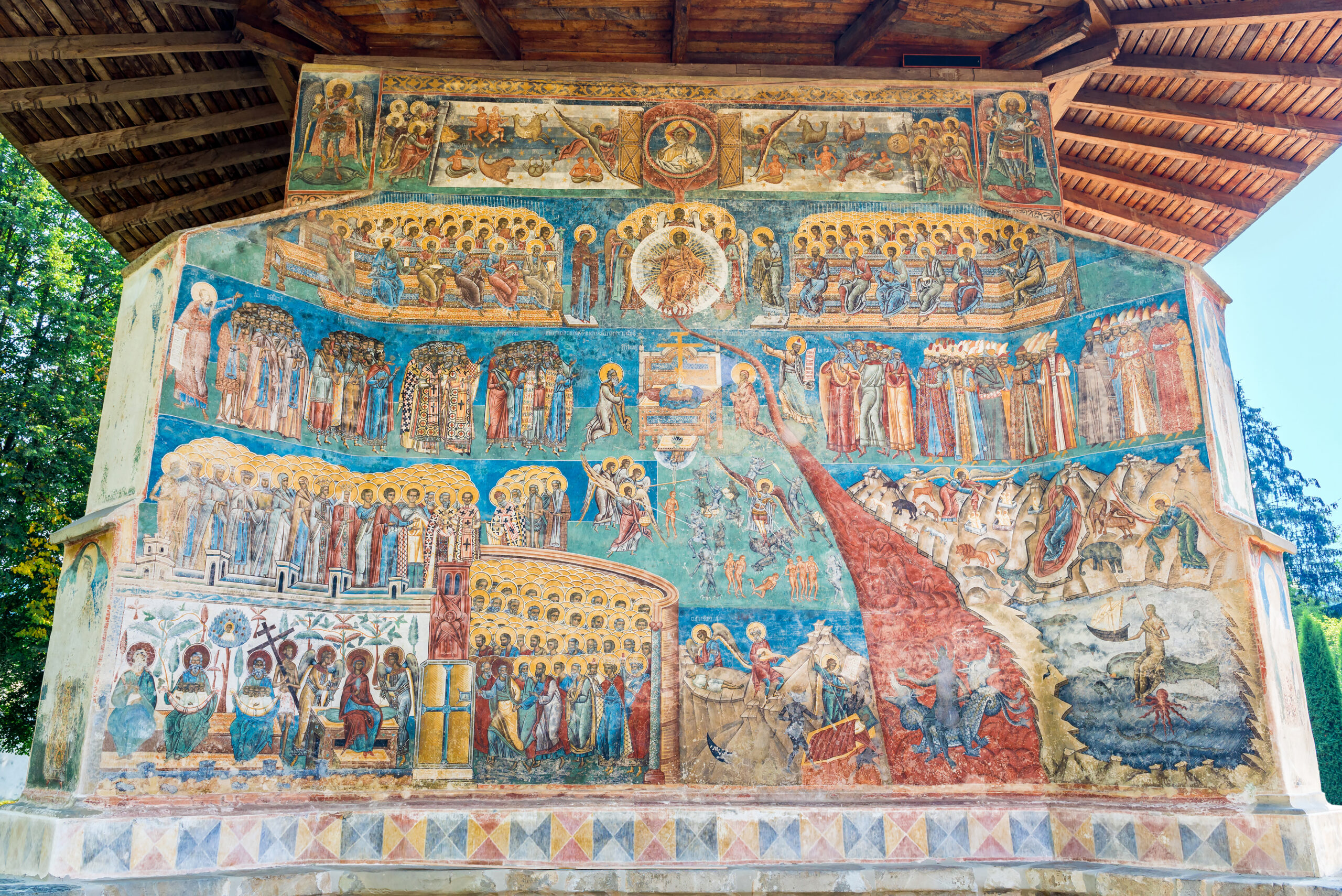My friend, it is most useful for you to call to mind frequently and assiduously the reality of your own death. This, indeed, is the one universal reality of our human condition—for in this life, some are rich while others are poor, some are masters while others are servants, some learned while others are simple, and some are blessed by happiness and good fortune while others are struck down by misfortune and calamity. Yet all face death with equal certainty. And though death itself is a certainty, its time and manner of arrival are profoundly uncertain. So consider firstly the uncertainty of the year, month, day, and hour of your death. Death often arrives with no or little warning, coming like a thief in the night or descending upon us unexpectedly, like a falcon swooping upon a hapless dove. Often it arrives on the occasion you least expect it, and at the time when you are least prepared for it. Very often death comes to a person when he still expects to have much longer to live and looks forward to an abundance of time in which to repent for his sins, to amend his vices, and to improve his life and conduct.
My advice, therefore, is to live as if you could die at any moment and to live each day as if it could be your last. And be mindful that this is no idle or hypothetical speculation or a mere morally edifying imagining but a frighteningly real and imminent possibility at all times In fact, it is not a possibility only, but it is a certainty For while everything else in the future course of your life—your success or failure, your prosperity or poverty, your happiness or wretchedness—are unknown, hidden, and indeterminate, death is the one thing of which you may be absolutely sure.
Consider also, the severe weakness and debility which often precedes the actual event of death. This debility and weakness is truly nothing other than a herald of our mortality and the oblivion which will engulf our earthly being. The period of severe illness which precedes death or many is not, indeed, the ideal time for repentance. Apart from its extreme uncertainty of duration, it is generally a time when the spirit and the mind are gravely weakened and strong resolutions have become virtually impossible. And if one is confined to bed, genuine emendation of one’s life is hardly meaningfully possible at all. For the person confined to bed and in the throes of physical and spiritual dissolution can hardly undertake any real works of piety or penance.
Thus “deathbed repentance” is inherently uncertain in its efficacy since its sincerity is not demonstrated or supported by any works or reformation of life. It may be efficacious in some instances, but it cannot be relied upon since not even the person concerned can be certain of the genuineness of their contrition.
This article is taken from a chapter in Meditations On Death: Preparing For Eternity by Thomas à Kempis, which is available from TAN Books.
